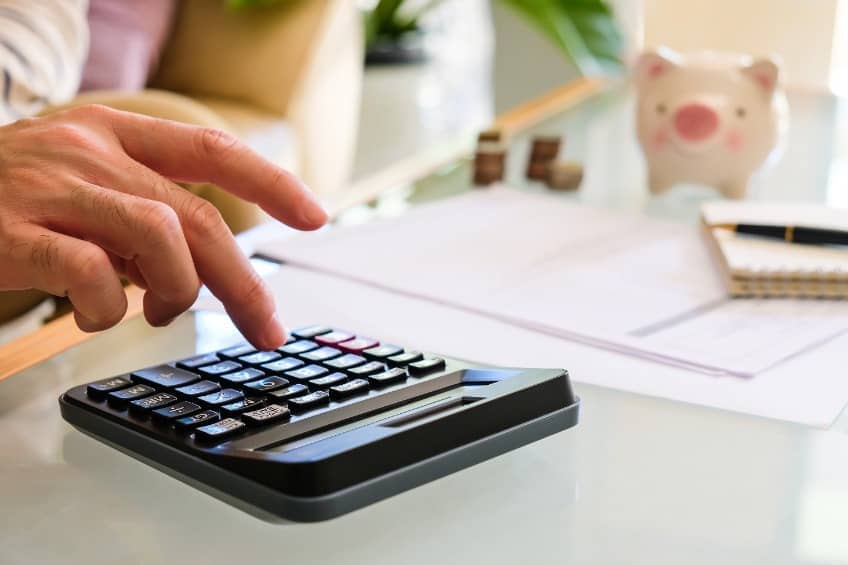Do your day-to-day expenses pile up and prevent you from saving money? It is very important to keep a good control, as this way you will be able to know in detail what you earn and what you spend, to keep a balance and even treat yourself.
This is especially important for all those people who, despite working all their lives, can’t make ends meet.
If you follow these tips you will be able to keep a better control of what you spend, and you might even be able to save money.
Contenidos
Top Tips for Keeping Track of Expenses
1. Keep a detailed monthly record
Keeping track of everything you spend each month is not something that can be left for later; it is important to keep it up to date, on a regular basis (for example, writing down everything you have spent in a week).
It is easiest to divide them into two main groups: fixed and variable.
- Fixed: these are those that are considered essential. We could be talking about mortgage payments, rent, electricity, water, gas, or even those related to food.
- Variable: as their name suggests, they could change over time or it would be difficult to establish when they are going to occur. For example, we could be talking about a car breakdown or a medical emergency.
If the variable expense is very high, we may have to resort to a personal loan to make ends meet.
Recommendation: it would be interesting to have a template in an Excel-type tool to have a digitalised control.
2. Be aware of your finances
Did you know that most people are unaware of their financial situation? This means that they do not know the relationship between expenses and income, which indicates poor planning on their part.
To plan well, you should start thinking about how you manage your money.
- how you manage your money,
- what you are doing to optimise your savings and
- what your strategy is for getting out of debt.
Then you should make an overall projection and focus on whether you have enough savings to achieve the goals you have in mind.
If your calculations don’t work out, you need to realise that the situation is not good and that it is vital to start changing it now.
3. Use credit cards very carefully
Credit cards can be very convenient as they allow us to pay in a matter of seconds. However, they are nothing more than extensions of credit that are subject to monthly interest payments.
In other words: you cannot use them freely, as you are accessing money that is not really yours.
Avoid using them for purchases that are dispensable, such as buying milk at the shop or paying monthly subscriptions.
4. Beware of ‘ant-expenses’
Ant expenses are very small payments that don’t seem to have an impact on your budget. However, if you analyse them in detail, they will have a big impact on your personal finances.
We are talking about frequent purchases of items and/or services that we do not need. They are not usually measured because awareness of their real need is not taken into account.
For example, we could be talking about cravings in shops, eating out, subscriptions that are paid for but not used, some small vices (such as smoking), as well as impulse purchases.
If you manage to keep track of what you spend each month, you can save money to add to, for example, travel expenses, buying a car, etc.
5. Set your financial limits
It is not possible to have a good control of your finances if you do not know in detail what your net income balance is, nor your net worth.
A very effective strategy is to adjust the relationship between expenses and savings based on the amount of money you have the capacity to generate per month.
If you have a small income, it makes sense to avoid spending unnecessary money.
Create a monthly budget and stick to it. This is the only way to prevent debt from accumulating and to save more money.
6. Satisfy your debts
Having good control of your finances also helps you avoid debt. If you are already in debt, make sure you follow a good payment plan to get them out of the way as soon as possible.
Our recommendation is to pay off the ones with the highest interest rates first and then the less worrying ones.
Keeping Good Control Of Your Finances Doesn’t Have To Be Hard!
Follow these tips and you’ll see how you’ll achieve better control of your overheads and more savings.




